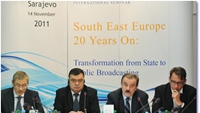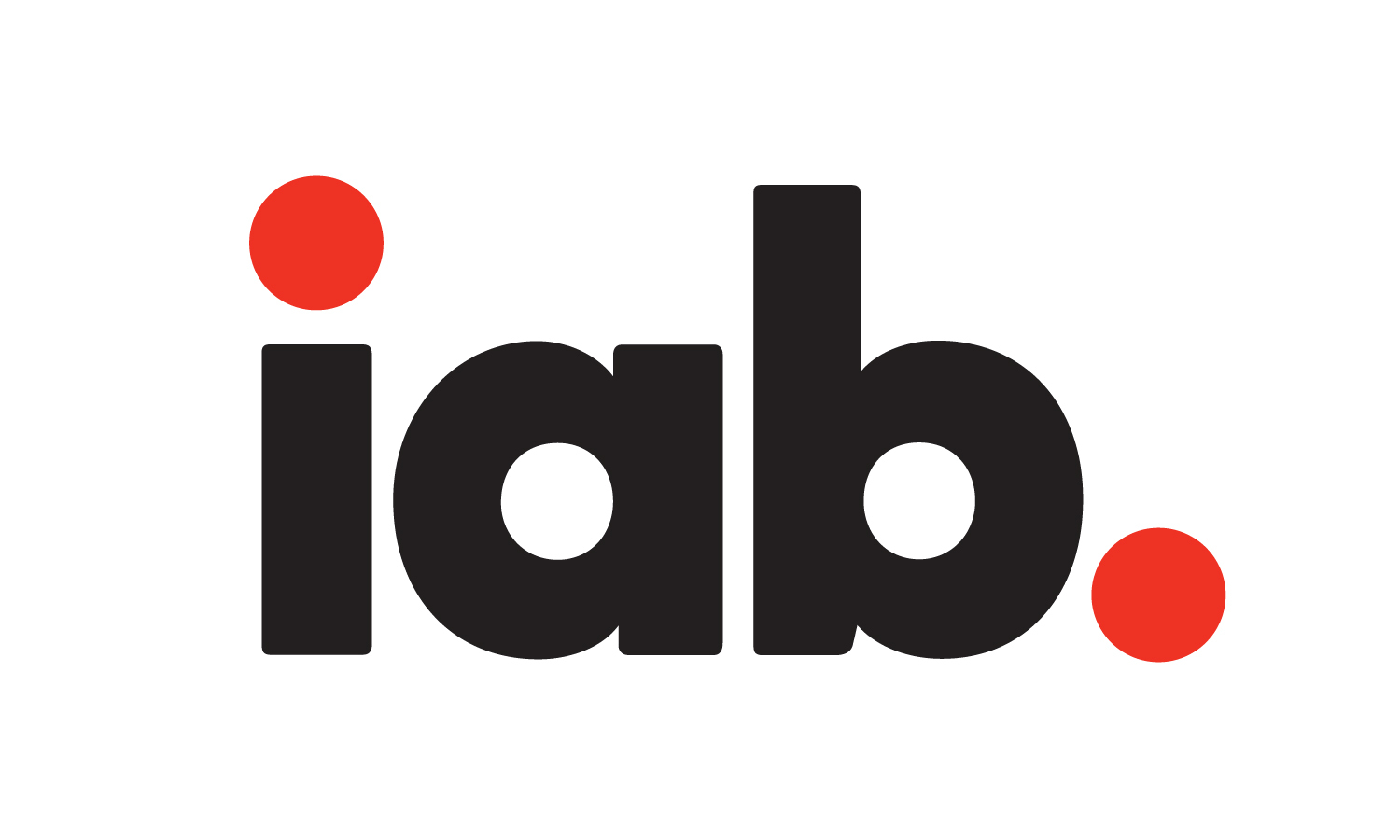EU backs EBU plan to ensure media freedom in SE Europe

The European Broadcast Union (EBU) and European Union (EU) have joined forces to shore up the fragile public service broadcasters of SE Europe in the Balkan region torn apart by war in the 1990s, and ensure that media are independent from state interference.
The EU’s principal advisor in its Directorate General for Enlargement, Andris Kesteris, has confirmed that the European Commission expects to sign a framework partnership agreement with the EBU to implement a project supporting public service media in South East Europe. Speaking at a conference entitled “South East Europe, 20 years on: Transformation from State to Public Broadcasting,” organized in Sarajevo by the Commission, the EBU and the Regional Cooperation Council, Kesetris highlighted the importance of nurturing the public service broadcasters of the region and encouraging their state independence. The EBU’s Director General, Ingrid Deltenre, was due to present a keynote speech emphasizing the need to strengthen the national broadcasters of South East Europe, so that they can become truly independent and sustainable public service media.
This, in turn, would require adequate funding, which could be provided by the EU as part of this framework project, whose baseline research is due for completion in the first quarter of 2012. Erik Illes, also from the Commission's Directorate General for Enlargement, told the Sarajevo conference that the European Commission, which is the EU’s executive body, was expected to award the EBU a grant of around €1 million over two years to work with its members in South East Europe on priority issues identified by the research. Lessons learned from this initial phase could then lead to support for other activities from 2014.
Alongside this “carrot,” the EU has been using a bit of stick to ensure media freedom in the region. The European Commission has suggested making media freedom a pivotal condition for entry to the EU in its latest annual enlargement strategy published in Oct. 2011. This stated that Brussels will consider the independence and sustainability of public broadcasters and other media outlets as a key element in the overall assessment process.
Under the section “Ensuring freedom of expression in the media,” the report reads: "It is essential that the enlargement countries guarantee open and pluralistic media landscapes, which allow for a culture of critical and independent journalism...
“The Commission will closely monitor developments in the framework of existing agreements and structured dialogues with the enlargement countries. It will further integrate these issues into accession negotiations."
This is a clear signal that the EU expects states in the Western Balkans to renounce their old ways before than can become members. Of course, until the current economic crisis afflicting the EU and particularly the Eurozone core is resolved, there will be no new members joining anyway.
The professional video industry's #1 source for news, trends and product and tech information. Sign up below.
